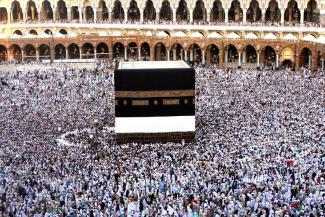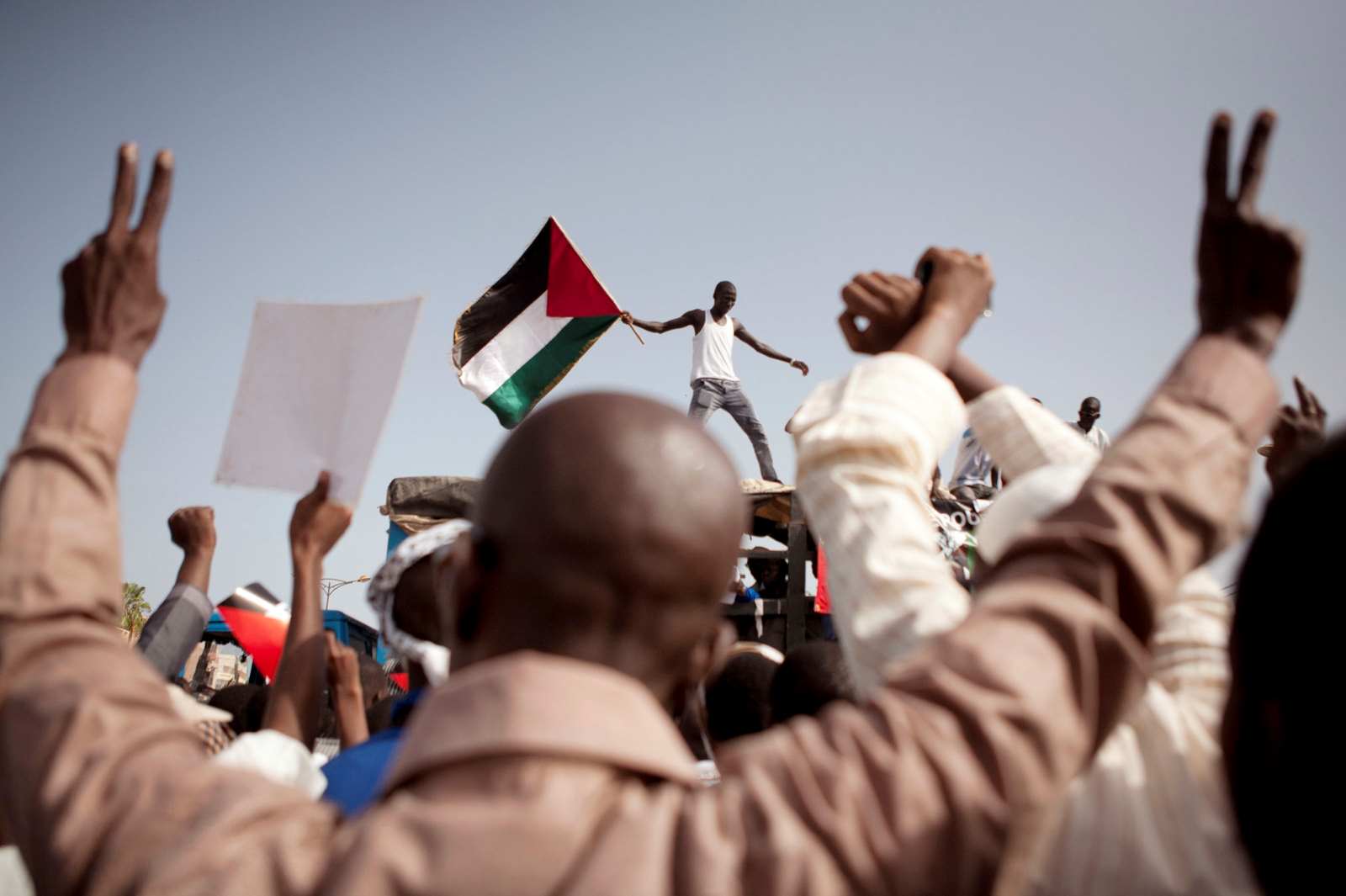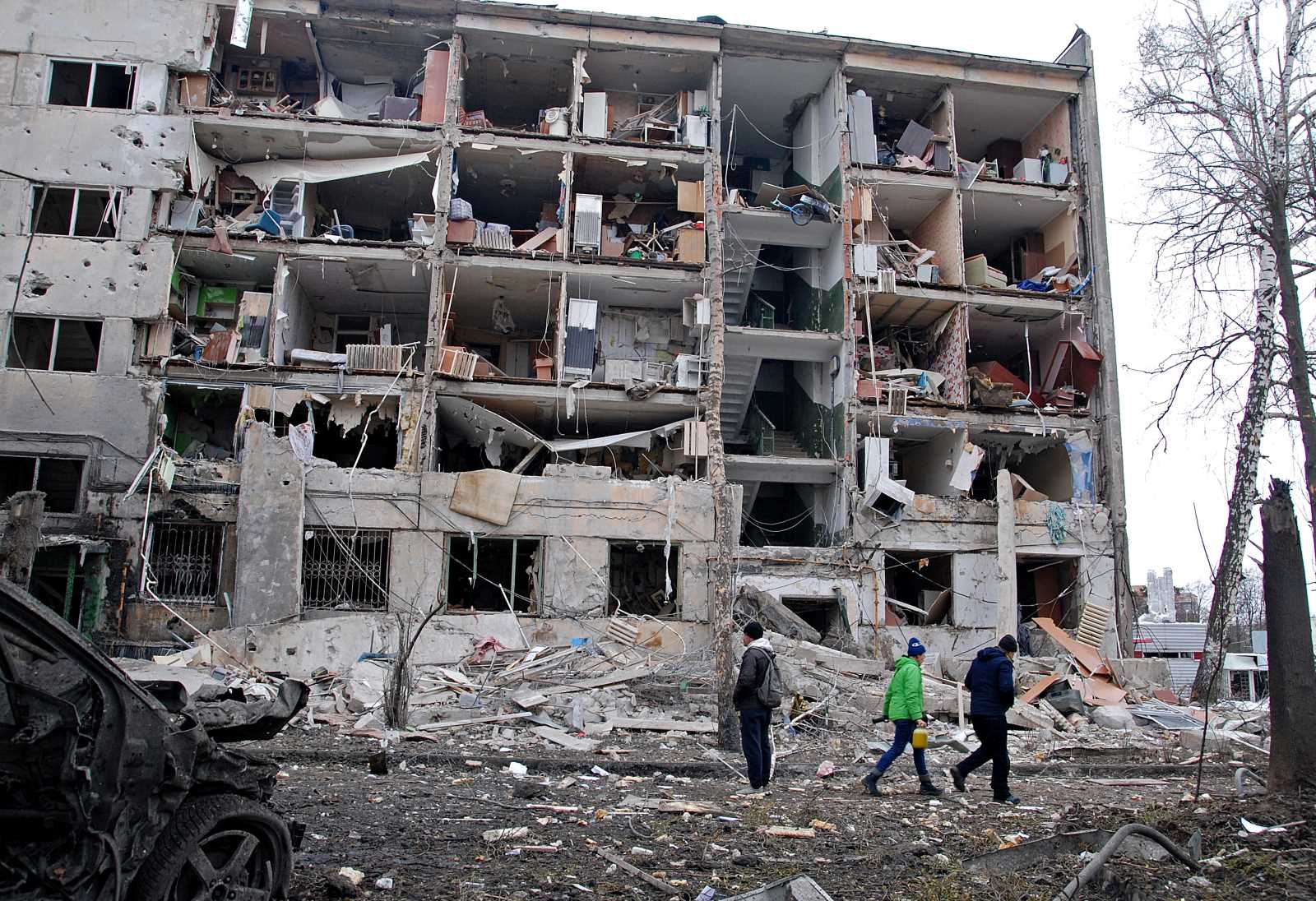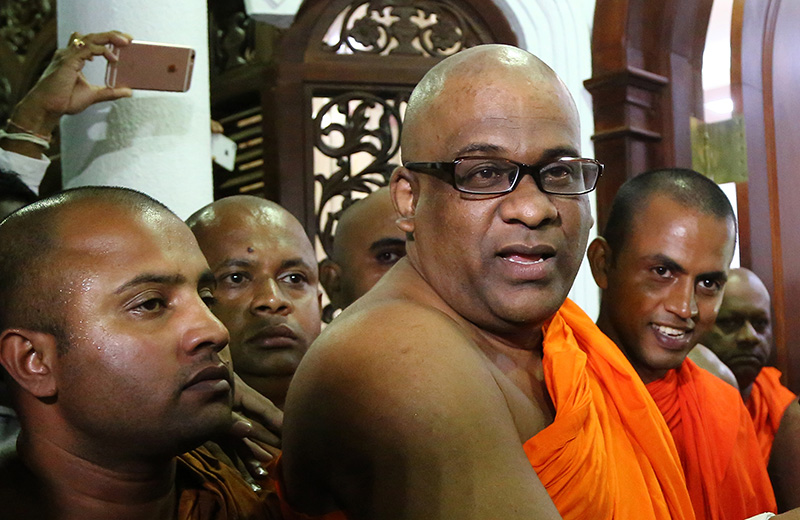Confessionalisation
Shiites and Sunnis in political Islam

The religious hostility towards Shiites is connected with the rival claims of Sunni Saudi Arabia and Shiite Iran to hegemony in the region. Against this backdrop – and given the fact that the two countries see themselves as leaders of their respective religious denominations – conflicts that erupt in neighbouring countries are sometimes effectively proxy wars.
Alongside Wahhabism and Salafism on the Sunni side is the concept of the “Authority of Jurists” on the Shiite side. The doctrine refers to the supreme authority of religious legal scholars to make decisions on all political issues. It was established by Ayatollah Ruhollah Khomeini and incorporated into the constitution of Iran after the revolution in 1979.
The vicious cycle of internal radicalisation and external persecution of political Islam is further fuelled by confessionalisation. Sunni extremists see not only their countries’ new authoritarian regimes as enemies but increasingly also Shiite dissenters. In line with this is the growing perception that the West supports and favours the Shiite side. The nuclear deal with Iran is seen as the latest example. Furthermore, the political dominance of the Shiite majority in Iraq is considered a consequence of American intervention and the subsequent policy of democratisation. Western activities aimed at protecting other religious minorities in the region are interpreted in this context as a conspiracy against majority Sunni Islam. (tb)











